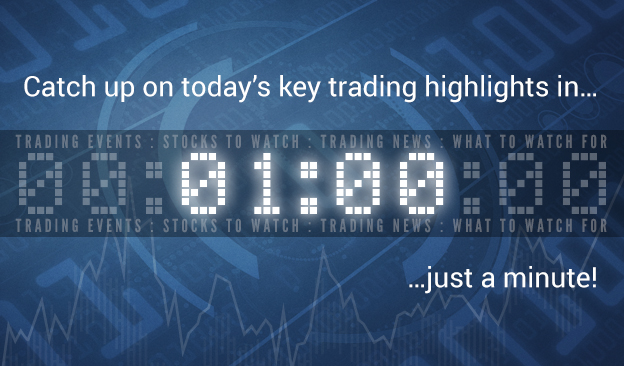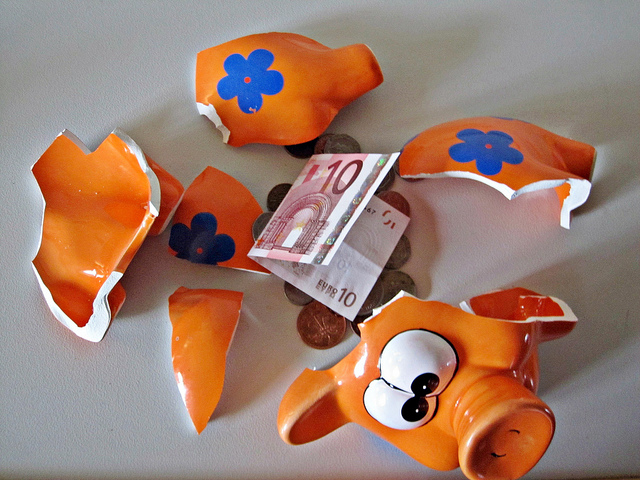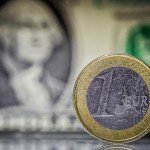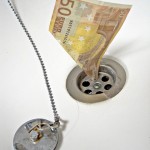Last year as a whole, Ireland was one of the best performing stock markets in the world. Things are getting better, yet even after this performance there are still plenty of problems and things are still pretty grim for most people. But from an investor’s point of view, it’s important to look at the overall direction, not just the absolute figures. Markets anticipate change – if you buy when everything looks rosy, the chances are you’ve missed the best gains and are getting in just in time for a fall.
One of the most visible signs of a recovery is that property prices are continuing to rise after five consecutive years of falls. Not surprisingly, the most dramatic rise has been in Dublin, where prices have surged more than 15% in the past year. National prices are up by more than 6%. The construction industry is recovering along with house prices. The latest GDP data shows that the sector grew by 2.2% in the last quarter alone. Confidence among managers in the sector is high, too. It’s not just the construction business. Firms in other industries are also optimistic. Irish capital investment shot up by 10.9% in the past quarter. It shows that companies are confident enough to put their cash to use.
Ireland is also slowly regaining control over its national finances. Having exited the bailout that saved it from national bankruptcy, it doesn’t have to rely on support from the Troika anymore giving it leeway to take modest measures to boost the economy, such as targeted tax cuts. Dublin expects to run a ‘primary surplus’ as early this year meaning the government will take in more money than it spends on everything excluding interest payments.
Ireland still has big problems. GDP is still well below the 2007 peak, deflation is a threat, and unemployment is still high but the overall signs are looking good. Tough economic measures are still needed for sure…together with a little luck of the Irish!











